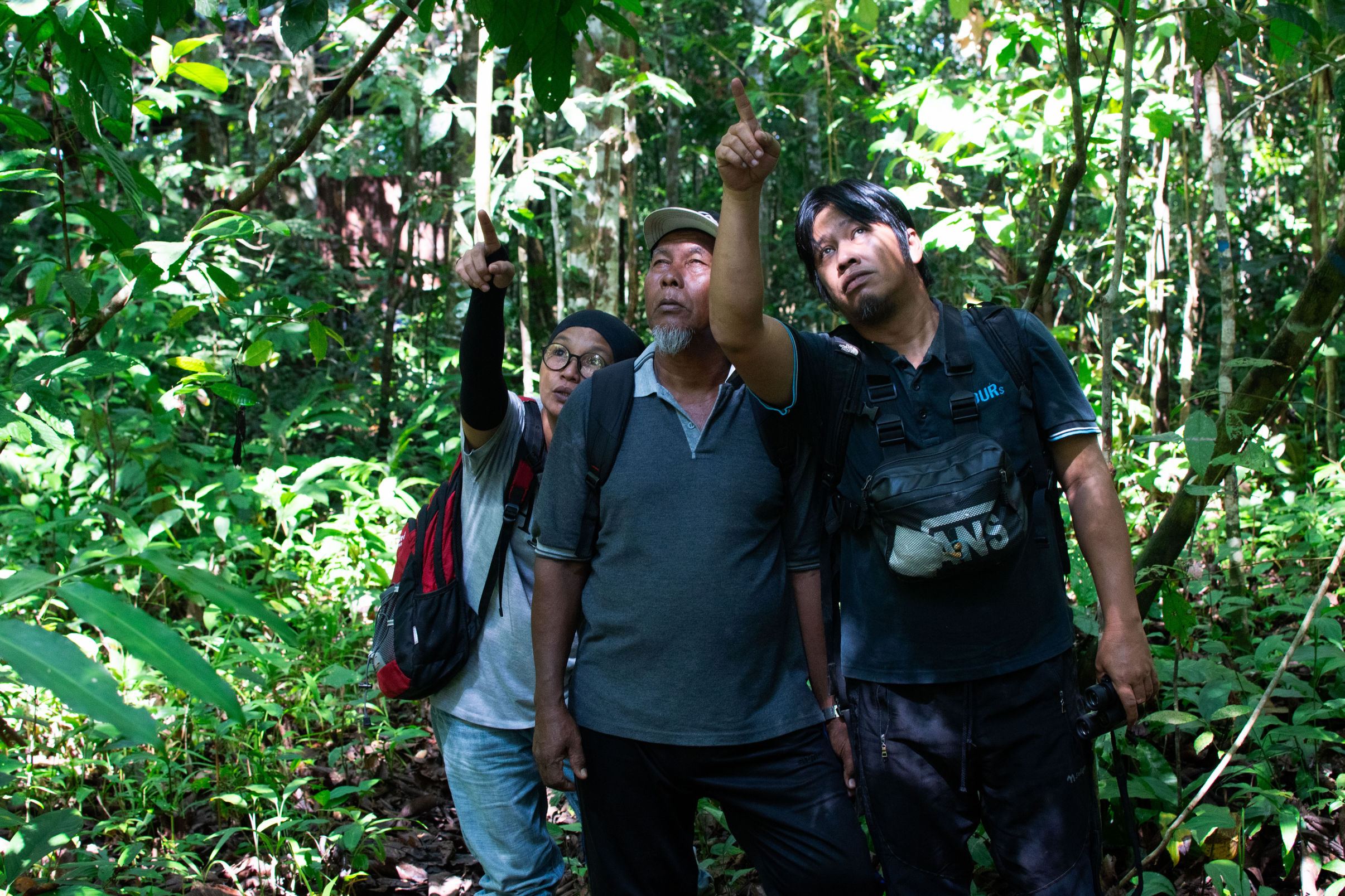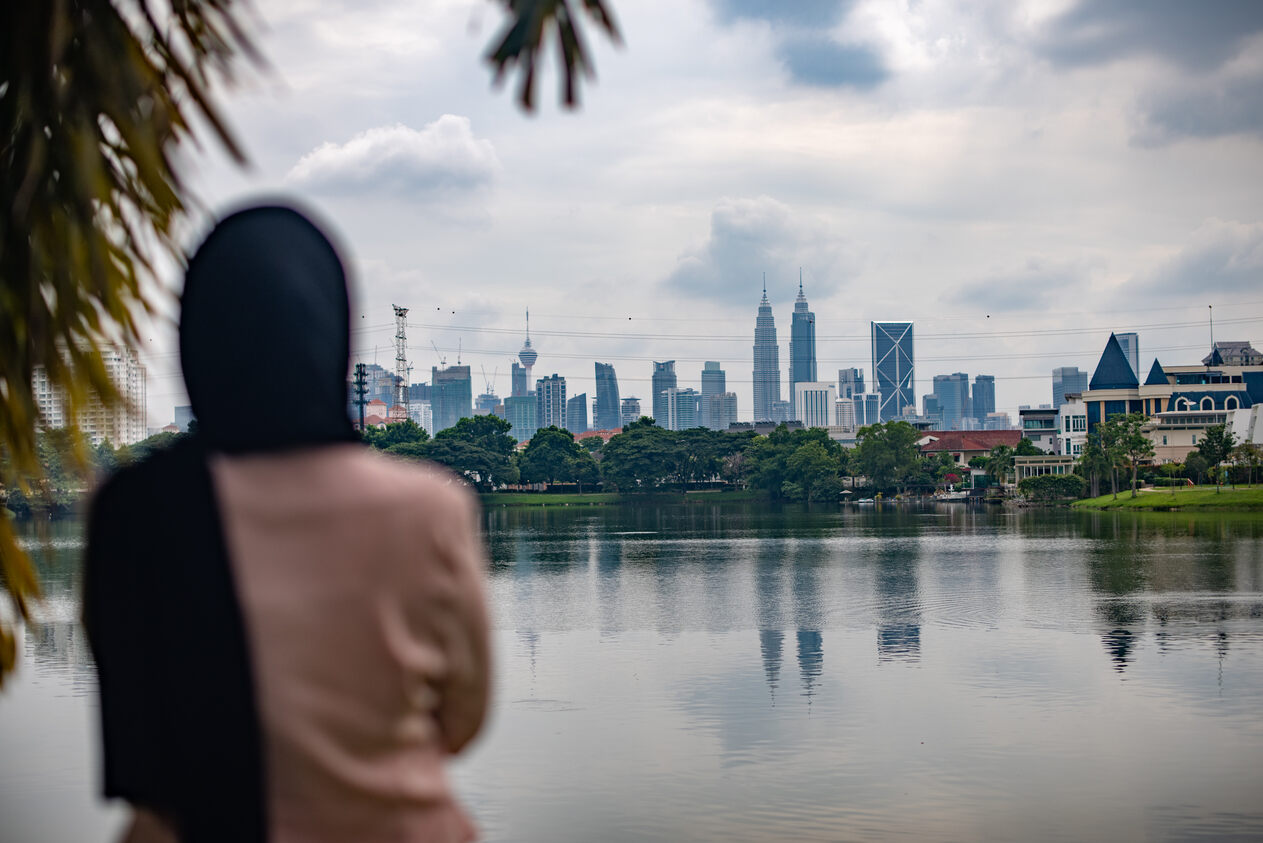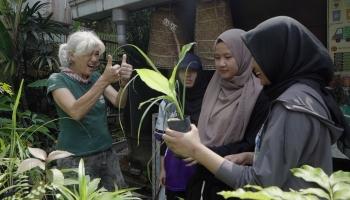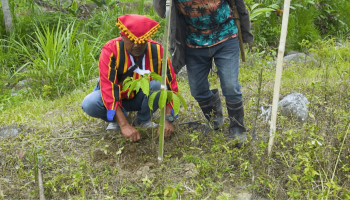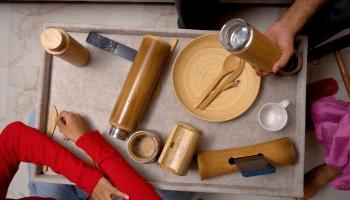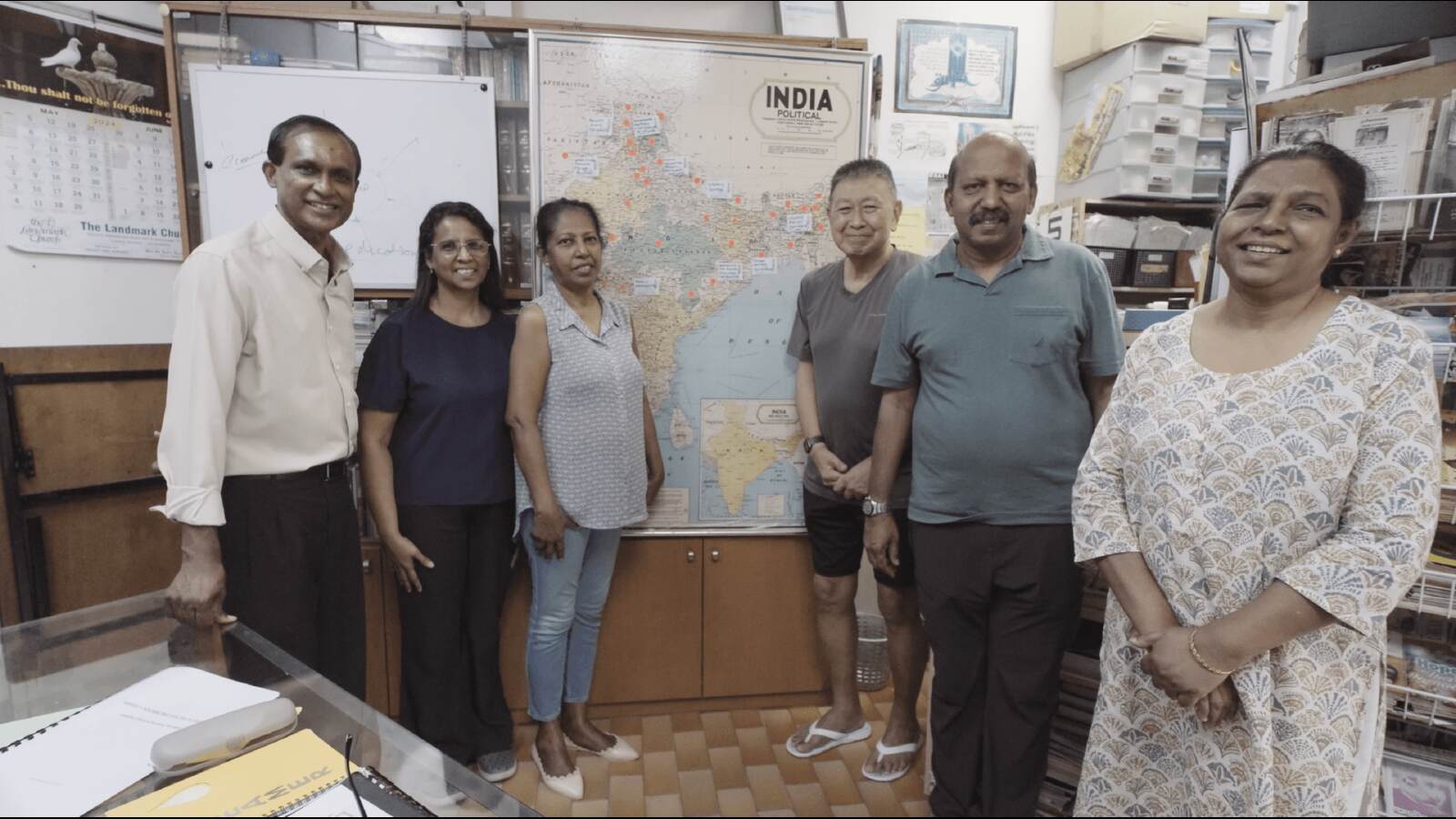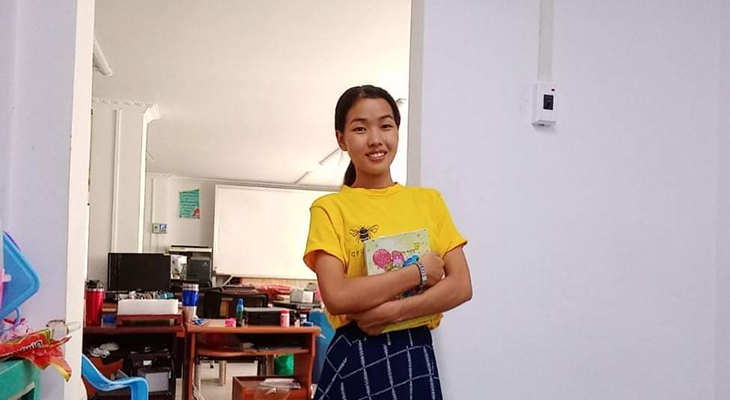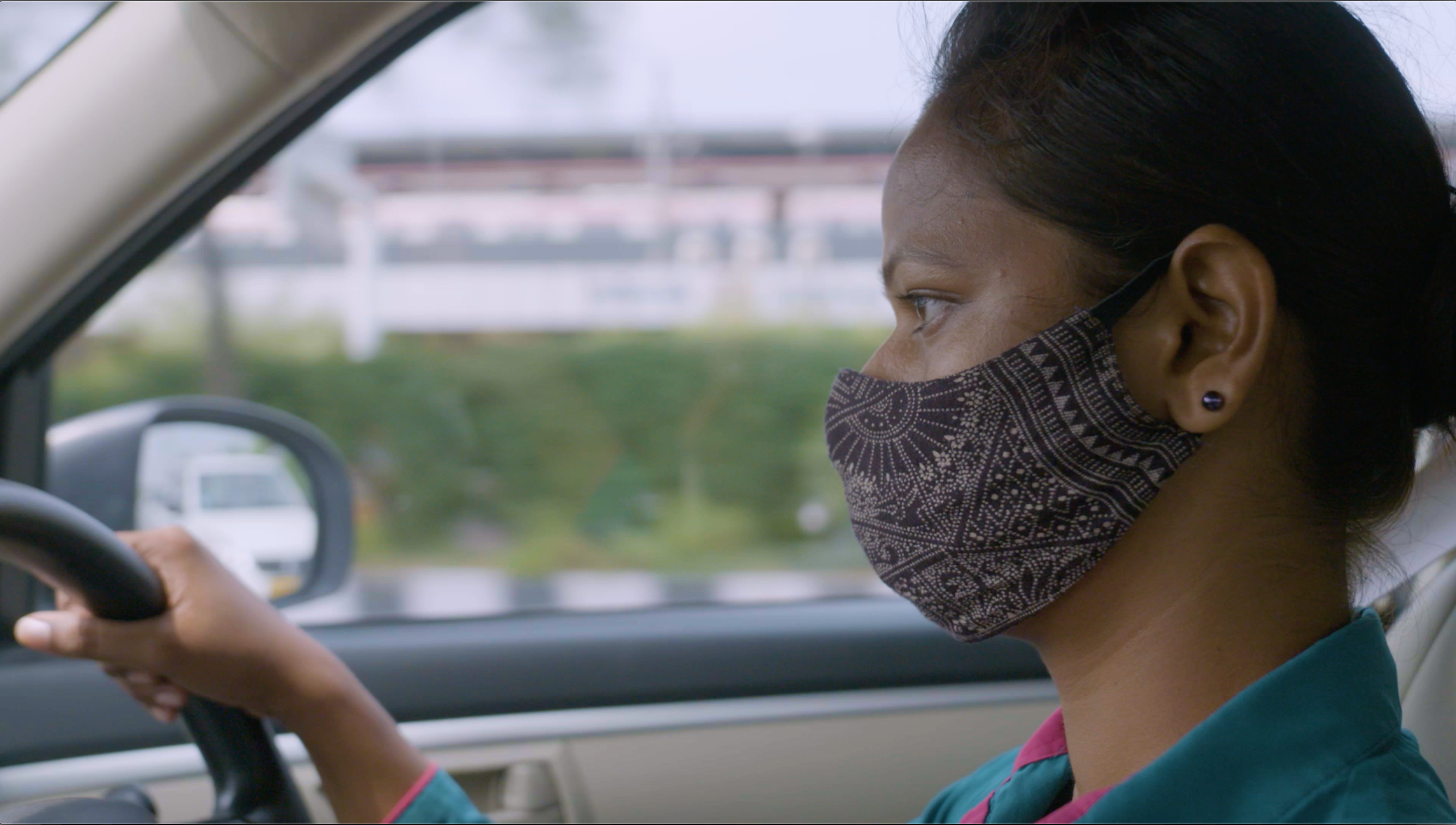3Rs of Food Waste: Reduce, Rescue & Redistribute
Alvin Chen dreams of a Malaysia where everyone has more than sufficient food to eat.
“It just doesn’t make sense. Food has always been widely available, yet there are those that go without,” the Malaysian shares.
Global hunger is a growing issue, according to a study conducted by the United Nations. In 2019, an estimated 690 million people went to bed hungry each night. Due to the pandemic, an estimated 83 to 132 million more people may go hungry.
In Kuala Lumpur, Malaysia, a 2018 UNICEF Malaysia study reported that one in 10 children living in poverty has less than three meals a day.
An architect by profession, Alvin’s epiphany came about when he was working on a low-cost housing project for underprivileged communities in Selangor. He witnessed a family of six, including young children, sharing one plate of food; it was mainly rice.
“It’s very hurtful to see this happening in a thriving neighbourhood. I felt something needed to be done, to improve their quality of life,” recalls Alvin.
On another occasion, Alvin had the opportunity to visit a landfill in Selangor to learn how construction waste is disposed of.
He was shocked to discover tonnes of food: whole fruits, large cuts of meat and more — still fit for human consumption — laying to waste. It got him thinking; what if excess food could be diverted from landfills to the homes of the needy? Further research revealed that on a daily basis in 2016, Malaysia produces 38,000 tonnes of waste, nearly half is food waste.
“I think there’s been a lack of respect towards food…We have got to be more responsible when we order food, when we buy food, when we cook food. Let’s not overdo it, let’s do it in moderation.”
He adds, “When we prevent food from going into our landfills, we are also directly preventing greenhouse gases. So, it is a direct benefit to our environment.”
The way to What a WasteFor two years, Alvin and his wife Angela, went door-to-door in low-cost housing areas to understand the issue better and build community relationships. They gathered a list of who and where the needy households are; most are from the B40 community, the bottom 40 per cent of income earners in Malaysia.
Armed with that database, Alvin and Angela started What a Waste (WaW) in 2018 to reduce food waste and poverty hunger. Their goal: to bring regular free meals into the lives of these households.
WaW collects extra cooked food and ready-to-eat meals from events, households, retailers and F&B outlets, as well as surplus raw produce and food products from wholesalers, manufacturers or distributors.
“It’s a matter of making use of existing resources and see how we are able to re-channel it and put it to better use,” says Alvin. “When we receive a request from our food donor through our social media, we will deploy our nearest available food warrior to the point of rescue to collect the food.”
“These are ready-to-eat meals, or perishable food, packed through a food safety protocol that we have set. They will then immediately deliver the ready meal to the nearest available beneficiary.”
WaW currently operates with a staff of five including the two founders, and has about 100 active food warriors, including B40 individuals, who are readily deployed on rescue and delivery missions.
“Every rescue mission is a race against time,” Alvin states. “We have to keep to a strict three-hour timeframe from the moment our food warriors pack the food to when it’s delivered for consumption.”
A social enterprise, WaW sustains its operations by charging event organisers a fee for collecting their excess food, based on the amount of food collected and the complexity of the operation. Food warriors who collect and deliver the food are then paid a flat fee per delivery. They aim to hire more food warriors from their beneficiary communities so that they can earn supplementary income.
To date, WaW has served over 100,000 families and rescued over 1.256 million kg of food, preventing around 800kg of methane gas from being produced in landfills. They also distribute food to nursing homes, refugee communities, the homeless and even frozen meats and veggies to animal shelters and the zoo.
From receiving to giving Sasmaswati Mokhtar, a mother of four, who goes by Wati, is among the recipients of WaW meals.
“Life was difficult after my husband was in a motorcycle accident. I was crying every day, worried about how I was going to pay my bills. My children are all very young. At that time, I only had RM2 (US$0.48) in my pocket. When What a Waste came to help me, I felt relieved. They gave my family food and milk.”
But her story does not end there. In early 2020, the COVID-19 pandemic hit large events — the bulk of WaW’s food surplus collection avenues — hard. With more people in need, but a shortfall in supply, WaW got creative.
The social enterprise decided to reach out to more manufacturing companies and farms to collect surplus meal ingredients, etc. It then partnered with chefs and recruited individuals from the B40 community to train and pay them to cook meals for others in need — among the B40 cooks is Wati.
“We started this B40 Partner Cooks Programme to provide them with a source of income and to empower them to contribute back to their community,” Alvin shares proudly.
Food donations from the public are encouraged as ninety per cent of the ingredients used by these B40 cooks are rescued raw food.
Wati shares, “After I got a job with What a Waste I was able to pay my debts through cooking. I was also able to buy food for my children and milk and books for their schooling. When I cook, I’m able to give back to my community. I feel so happy to see them receiving food.”
Alvin acknowledges that the journey hasn’t always been easy but finds satisfaction in seeing his mission validated. “It really does fuel me to see how some of these beneficiaries have so willingly come forth to represent us…wanting to replicate this movement. So, this motivates me.”
About What a Waste
Contributors
Director
Producer & Writer
Editor
Hafiz Miau & Lourdes Gason
Executive Producer



